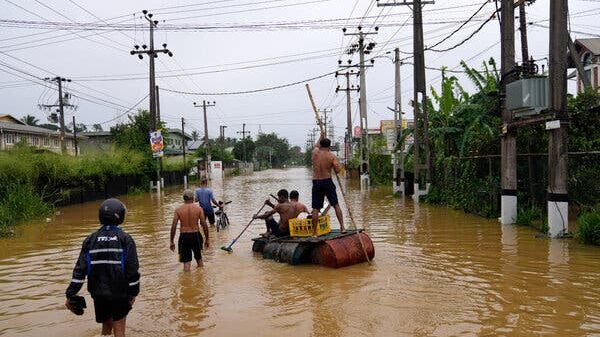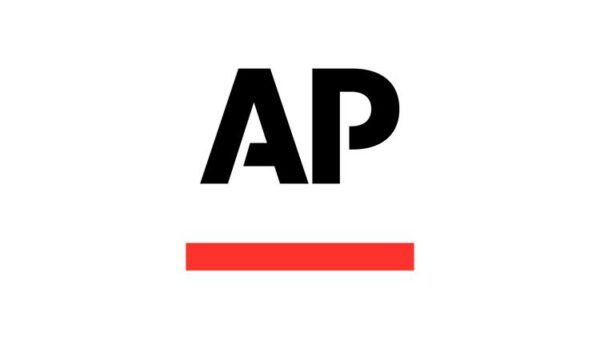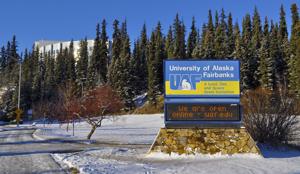The University of Alaska Fairbanks (UAF) is confronting a potential loss of approximately $2.9 million in annual grant funding. This significant reduction follows the U.S. Department of Education’s announcement on March 15, 2023, regarding the termination of grants under the Strengthening Alaska Native and Native Hawaiian-Serving Institutions program. The DOE’s decision to cut $350 million in discretionary funding stems from its stance against programs that provide benefits exclusively based on racial or ethnic criteria.
The grants UAF received were part of Title III, which has two components: Part A, which includes discretionary funds typically awarded for longer durations, and Part F, which consists of mandatory funds that are protected from termination. Interim Chancellor Mike Sfraga communicated to faculty and staff that the loss of these funds would be “substantial,” emphasizing the uncertain impact on programs and personnel.
Currently, UAF operates four Part A grants, with one set to conclude this year while the others have between two to four years remaining, according to Bryan Uher, Interim Vice Chancellor for Rural, Community and Native Education. Title III funding is specifically designated for institutions where at least 20% of the student body identifies as Alaska Native or Native Hawaiian. UAF’s rural campuses, located in communities such as Nome, Kotzebue, Bethel, and Bristol Bay, all meet this requirement.
As of 2023, the Community and Technical College (CTC) in Fairbanks has also gained eligibility for Title III funding. The University of Alaska Southeast similarly receives Title III Part A support for various programs. Uher noted, “Title III is unique in that it funds staff and faculty to build programs with the idea that after the five years that they are up, they should be sustainable.”
Currently, CTC is developing three new academic programs supported by two grants, which fund 14 full-time positions over five years. These programs include an American Sign Language initiative, a private pilot ground school occupational endorsement aimed at assisting rural students, and an information technology technician endorsement. Uher indicated that these programs were expected to have four additional years of funding.
At UAF’s Bristol Bay Campus, Title III Part A supports a personalized academic planning initiative in its second year, sustaining around seven positions. The total remaining balance for all three grants amounts to $7.3 million.
Uher highlighted that while these grants target Alaska Native-serving institutions, the programs and services provided are accessible to all students, regardless of their racial or ethnic backgrounds. In response to the funding termination, the DOE stated it would offer up to one year of funding to facilitate the closure of grant programs. Uher acknowledged that his department is considering this support as they evaluate the broader implications of the funding loss.
Uher expressed concern regarding the future impact on UAF and its rural campuses, stating, “Now there’s no longer going to even be an option to apply for funding in the future.” As the university assesses the immediate effects on its programs and personnel, the loss of federal support poses significant challenges for sustaining operations and initiatives essential to the education of Alaska Native and rural students.





































































